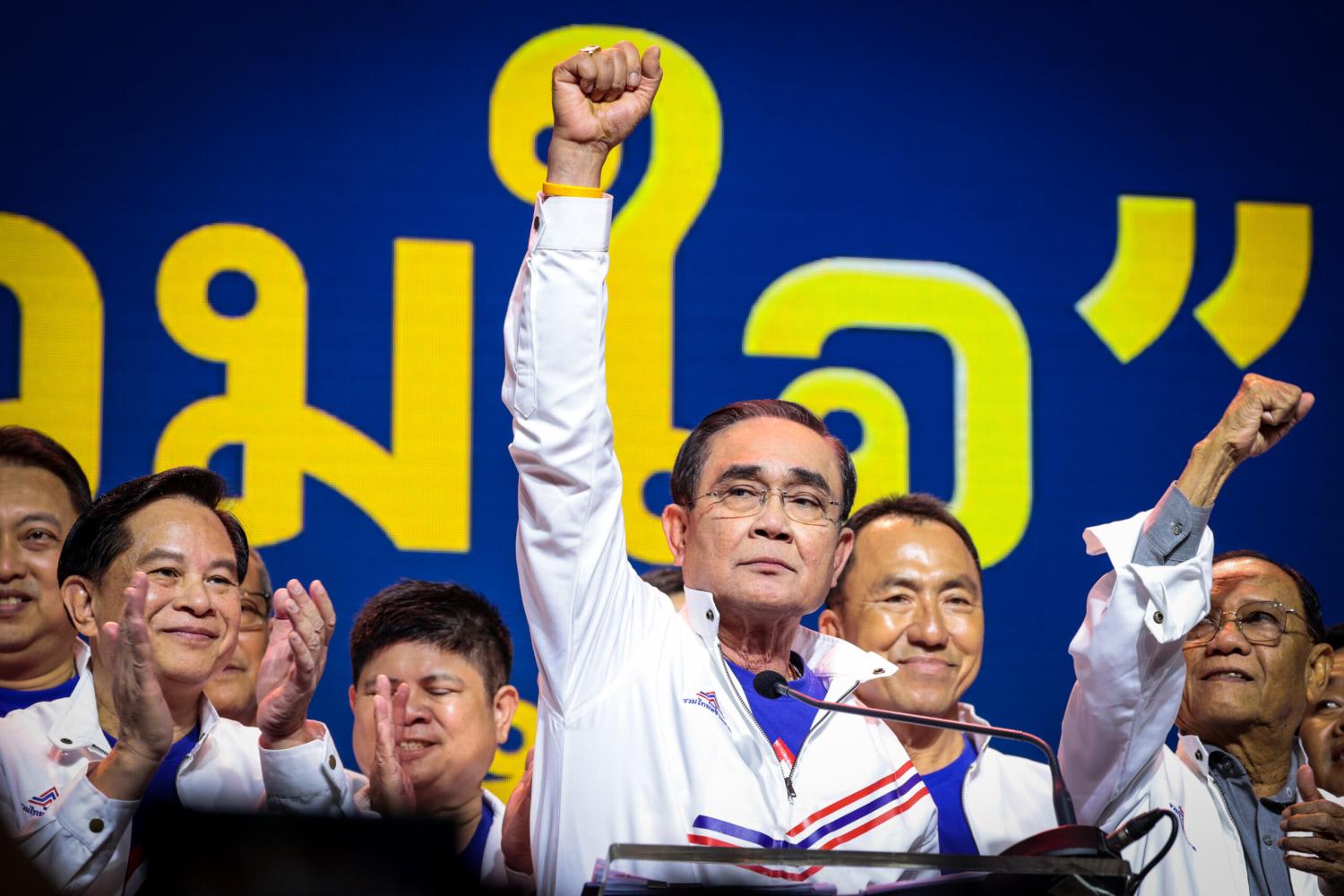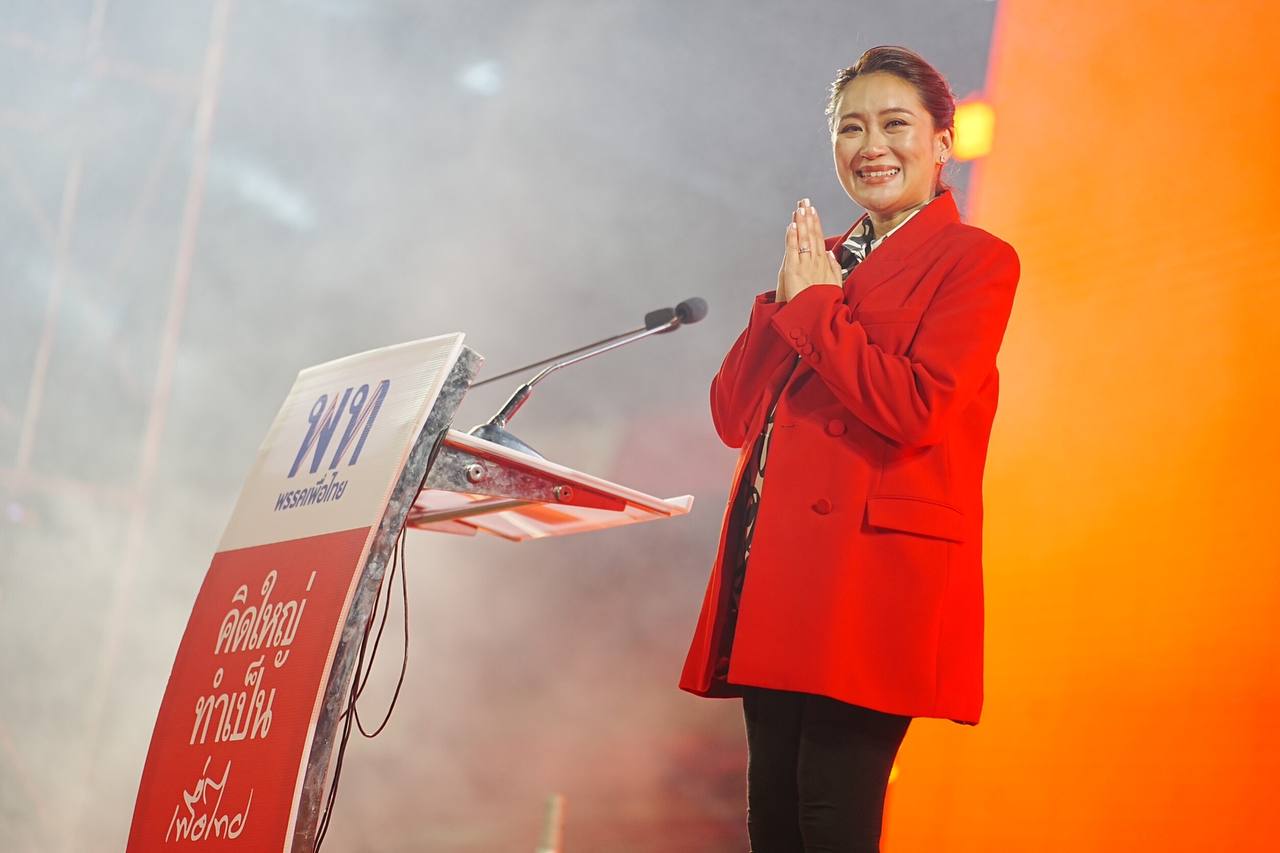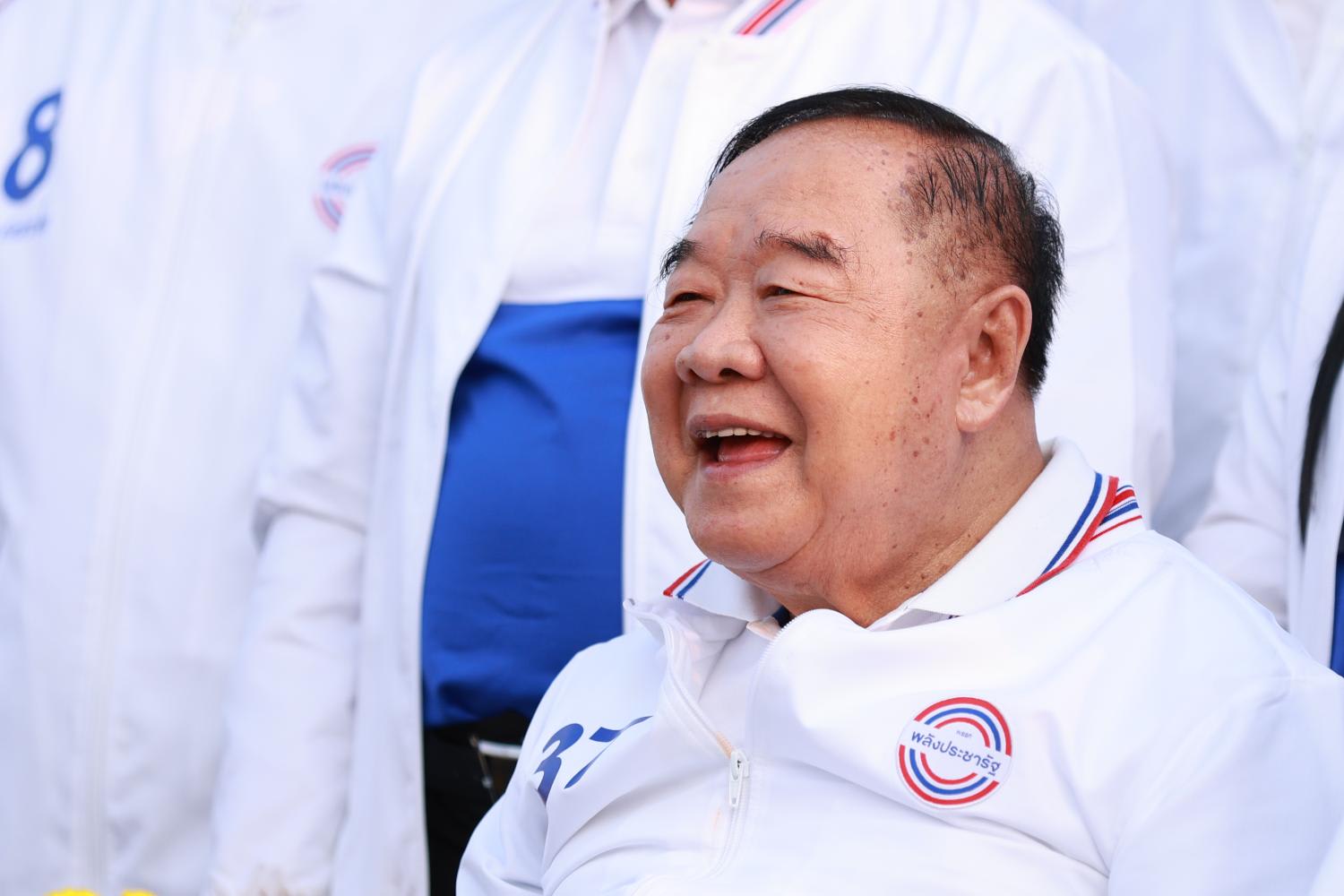BANGKOK: Thailand is set to hold a general election on May 14, when about 52 million eligible voters will be able to cast their ballots to elect 500 members of the House of Representatives.
Four hundred members of parliament will be chosen in constituency elections. The other 100 will be elected from the national party lists – a type of proportional representation where multiple candidates are elected from a list prepared by their respective parties, based on the total votes the party receives.
A prospective prime minister must be approved by more than half of the combined 750-member assembly, which also includes 250 members of the Senate.
As a result, a political party needs to garner at least 376 votes in a joint sitting – either from both Houses or only from the Lower House's 500 members – in order for its candidate to win the premiership and form the government.
With about two-and-a-half weeks until election day, political campaigns are in full swing as thousands of candidates across the country try to woo voters.
CNA takes a look at some of the key prime ministerial candidates who could emerge as Thailand’s next leader.






